Know your status
Getting tested is a necessity and is not something that should be shrugged off.
Elizabeth JosephWorld Aids Day is commemorated on 1 December and although it brings creative awareness campaigns, it also brings a great wave of sadness, as we hark back to everyone who fought the battle against HIV/Aids and lost.
Namibia is well-known for ‘sugar daddies’ or ‘blessers’, who infect young girls.
Youth are the most affected age group when it comes to HIV/ Aids infections and many are ignorant of their status.
One of the main reasons young people don’t get tested is because they fear stigmatisation.
Imagine, you are a student and drowning in debt, and then an older and more ‘wise’ individual comes along and offers to help pay off those debts, but at a cost. Would it be easy for you to refuse such an offer?
Some people fall prey to this trap. At the end of the day these ‘sugar daddies’ may be infected with HIV/Aids.
The first step
The first step to everything that has a direct impact on your life and your health is acceptance. Like with alcoholism, cancer and even HIV/Aids, patients are often counselled to accept the fact that they are in this position.
The main reason why early testing and knowledge of your HIV status is important, is to make sure that if the result is positive, the necessary precautions are taken and if the result is negative, that you know how to remain that way.
According to the World Health Organisation (WHO), currently over 30% of all new HIV infections globally are estimated to occur among youth from the ages of 15 to 25 years. Also, increasingly, children infected at birth grow into adolescents who have to deal with their HIV-positive status.
The WHO also records that together there are five million youth living with HIV. A young person’s risk of becoming newly infected with HIV is closely correlated with their age of sexual debut. Abstinence from sexual intercourse and delayed initiation of sexual behaviour are among the central aims of HIV prevention efforts for young people.
Stigmatisation still a thorn
Visiting a New Life clinic has become more and more of a hassle for young people, as they see this as degrading and often wonder what others, especially their friends would think. Sister Fungai Bhera, from the Women’s Centre in Okuryangava, which is a part of the Namibia Planned Parenthood Association (NAPPA) says what young people do not understand is that knowing your HIV status brings freedom, despite it being positive or negative.
“It is better to know your status and take action than be oblivious to it. That is what will destroy any person, the unknown,” she said.
Immanuel Sheefeni, who found out he was HIV-positive in 2013, says although it took him a very long time to adjust and become an HIV/Aids awareness activist, he now speaks out about what was previously a taboo and an abhorrent circumstance.
“I remain amazed. This world still practices stigma against HIV. I seriously do not know why and what they achieve by so doing. I wish those stigmatising against HIV have finally managed to successfully undergo a professional HIV test. It is important to know, even if you don't speak out about it. Know your status and maintain your relationships selflessly,” Sheefeni said.
He said his HIV status will always humble him.
“The magic is that I am free from keeping the secret. In other words, I have transitioned to face reality, and through that, a lot of lives are being transformed too.
“That makes me happy and like anyone else, once you replace negative thoughts with positive ones, you'll start having positive results. So, by now it should be a walk in the park. Psychologically and spiritually, I always look at myself first and acknowledge my worth. I do introspection on a daily basis and that method has attracted self-respect and respect by onlookers, be it my friends, my ever-growing associates, my family and my golden-hearted woman,” Sheefeni said.
Although one would expect the virus to be an issue no longer frowned upon, because we assume people are more educated, some still find themselves hiding their positive HIV status.
“Physically, I have always presented the happy man, the happy person living with HIV, the happy activist raising awareness, the happy humanitarian whose core business was to make HIV sound normal. If you follow me on social media, you will realise that I always thank people who support me, criticise me, hate me, love me, uplift my spirit and help me host joyful days for the masses. After all is said and done, I only become stronger. I take my meds on time and I don't drink irresponsibly. I am firm,” Sheefeni added.
Love after a positive status
Oftentimes, when people think of the different scenarios following an HIV test, they wonder if they will ever be able to lead a normal life after the test comes back positive. Among these thoughts is about love. How does one grow a healthy relationship with someone after knowing your status is positive? This could go two ways, people either hide their status and continue a relationship with a person that has a negative HIV status or they tell their partner and take the necessary steps, to make sure they prevent the virus from spreading.
I love her
“It's written all over me. Maybe it is also growing up and perceiving life from a different perspective. I have honestly never smiled this much before. My dear lady is the boss of my heart. She is the ultimate reason why I wake up to life and living, actually. She is honestly one of a kind. I have never experienced love like this before. I acknowledge my previous relationships but this one is forever. I think nature has patched things up for me, I guess a positive spirit really attracts a positive love life too. It's not complicated, it's also not just love, and it’s a total package,” Sheefeni said of his partner.
“We are meant for each other and this relationship is mutual. I take care of us, she takes care of me more. This is the woman who has her alarm on to remind me to take my ARVs even while she is at work in Europe. Who does that? I am so in love, my heart bleeds for this significant woman.
“There has never been a better love, there also will never be, this is destiny.”
Getting tested
There are three main types of HIV tests: antibody tests, RNA (viral load) tests, and a combination tests that detect both antibodies and a viral protein called p24 (antibody-antigen test or HIV Ab-Ag test). The most common test in Namibia is the Rapid Test and this test can show the results of the patient within 20 minutes of taking the test. This test involves pricking the finger of the patient and extracting some blood into a test tube.
“Testing yourself for HIV is important for your health, your relationships, your life and your future. The growth of new infections continues to pose serious health risks. The fact is that HIV is preventable, you can reduce or eliminate the risk, and early detection can lead to early treatment and a better outcome. Don't be fooled by stigma and low self-esteem. Get tested and know,” Sheefeni said.
Plenty of clinics are youth friendly and NAPPA is one of them. NAPPA provides family planning and counselling to young people from the ages of 18 to 24. Sometimes, however, older couples also come.
Sister Bhera says she has seen students, couples, sex workers and plenty of other people who are curious about their status.
She describes one of the most daunting instances in her career when an elderly couple came for testing because the man wanted to find out whether or not his wife was HIV-positive.
“They came in like a normal couple, but the situation turned sour very fast. He had a gun and said that he will shoot whichever one of them are HIV-positive. I was shivering but because of my training I knew I had to remain calm. I went out and informed my colleague to call the police. “At the end of the day they came and spoke to the man because he had been in the army. However nerve-wrecking it was, I realised that a lot of people are stuck with the common misconception that there is not life after a positive status,” Sister Bhera said.
World Aids Day
There are statistics, counsellors and several other resources that educates not only Namibia but also the world on HIV and Aids, the causes thereof as well as ways to prevent it. On World Aids Day everyone, not only people with a positive HIV status, can come together and show that joining hands creates a safe haven and allows people to feel comfortable to get tested. While at the NAPPA clinic, someone asked: “How do I help someone who knows they are sick but refuses to start treatment?”
These are questions young people are struggling with every day.
“Every day I do counselling and I realise just how hurt these young people are. I always share my part of being positive towards life. My people, being HIV-positive is not the end of your lifecycle. Maybe it was, during my era of being tested positive. Today, one can find love, just like anyone else. It is your attitude towards your own life that needs a fix, it needs to be adjusted, and you need to invite positivity into your own sphere.
“As the saying goes, you only attract what you put your mind and heart to. If you practice being positive in your daily lives, you will realise the beauty that life has to offer.
“I have grown into a big man now... my entire focus on HIV has taken another turn. I feel normal. I am normal. In fact, mentally, I am gigantic. I block every negative aura coming my way and I speak out.
“I defeat the devil every day and I inspire people to enjoy their life in their lane. It seems to be working. I am available to receive any call, any text, inbox or email. You are encouraged to reach me and be comfortable to talk to me. Your issue is not for the world to know, it’s for me to inspire you,” Sheefeni said, when asked what he would like to say to young people struggling to find the courage to get tested for HIV/Aids.
Sister Bhera said the sooner one gets tested, the sooner one can make choices regarding sex and sexual partners. “Rather know than assume. You will be happier that way.”



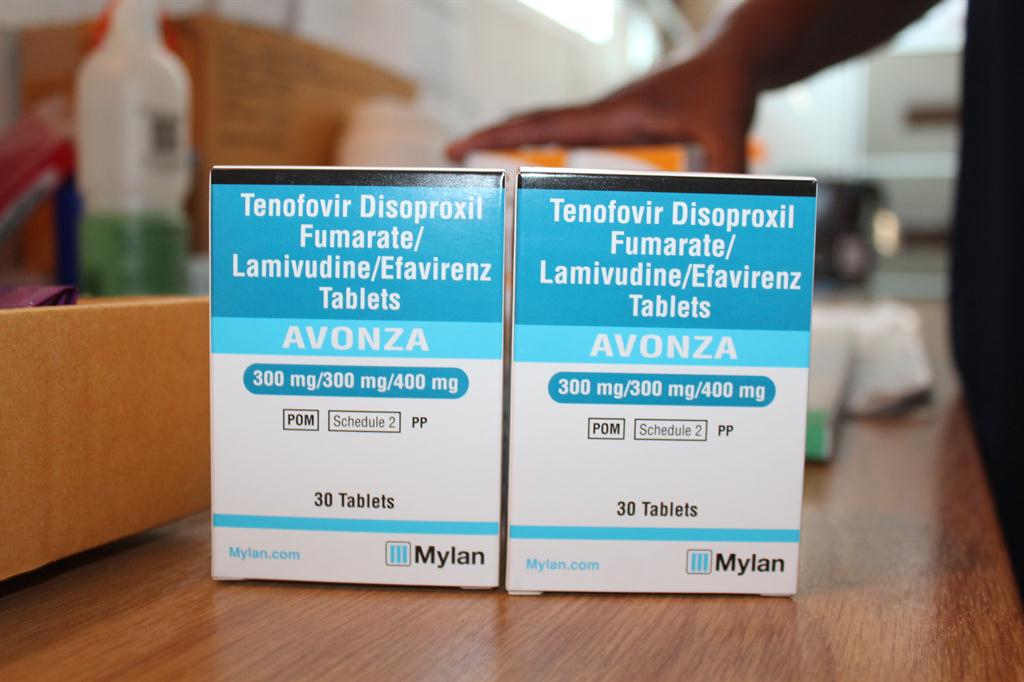
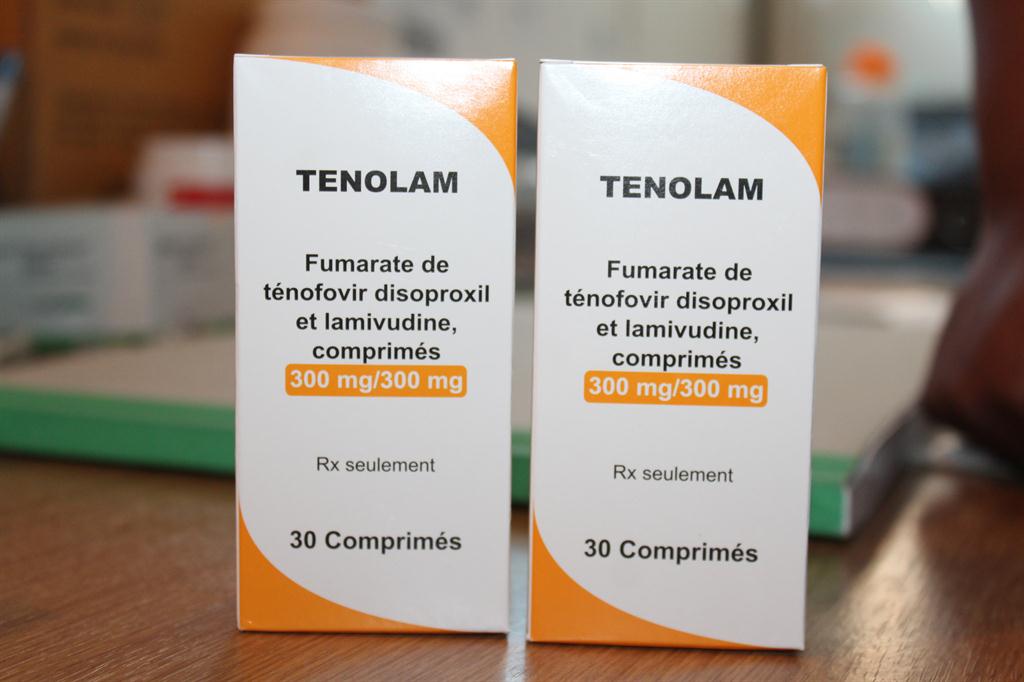
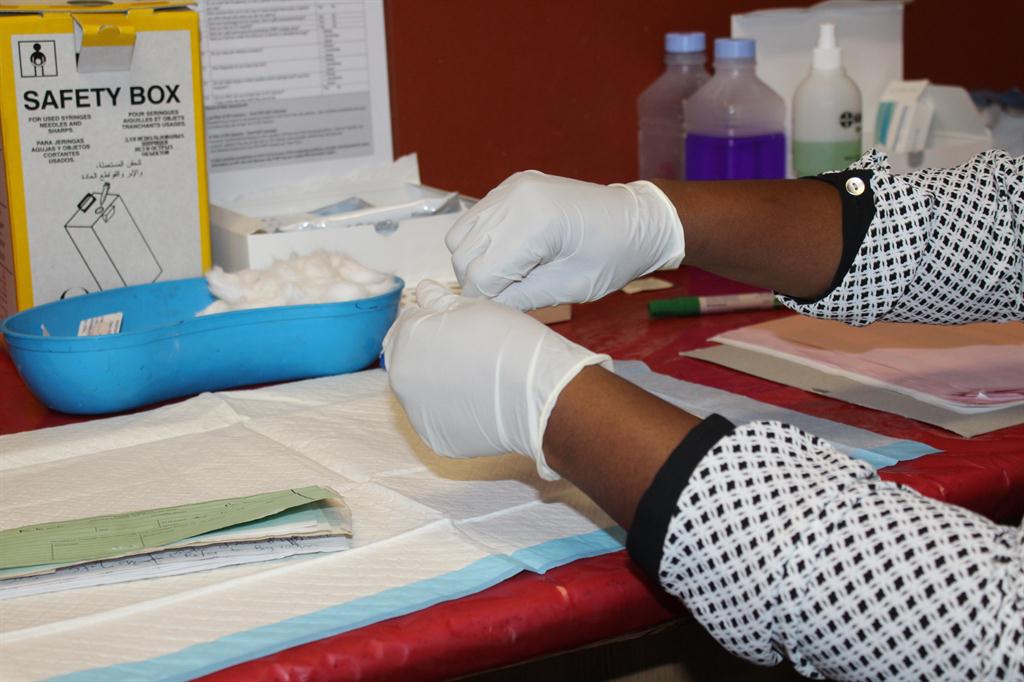
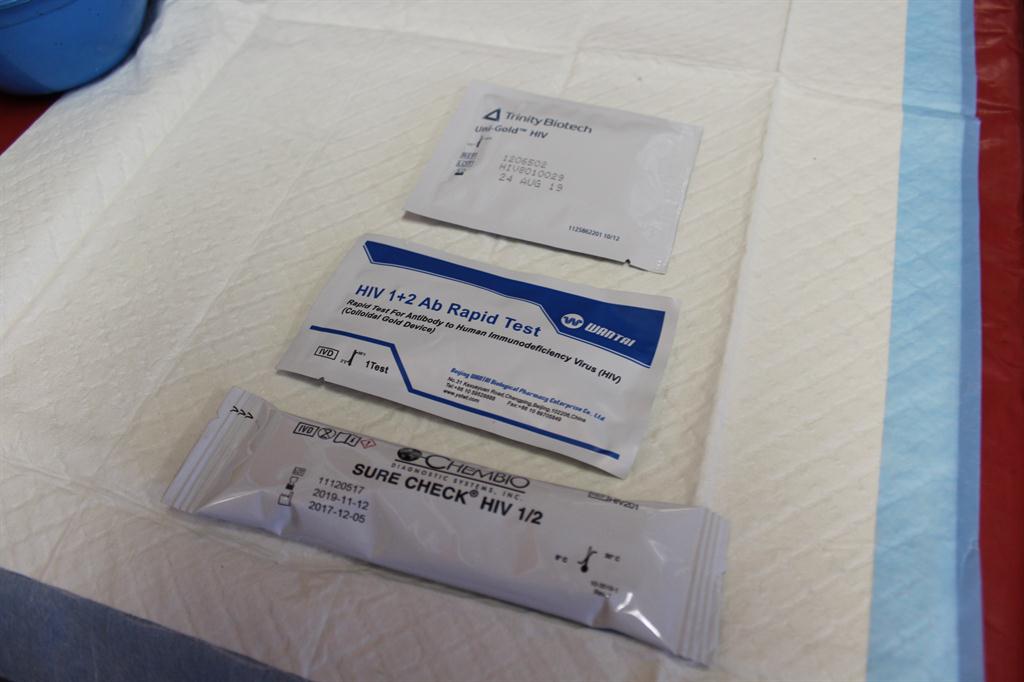
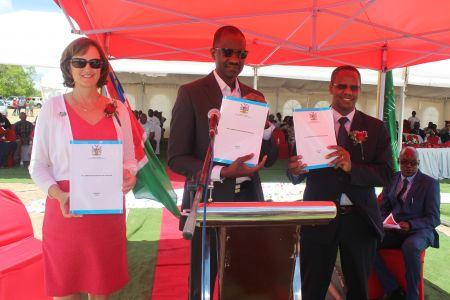

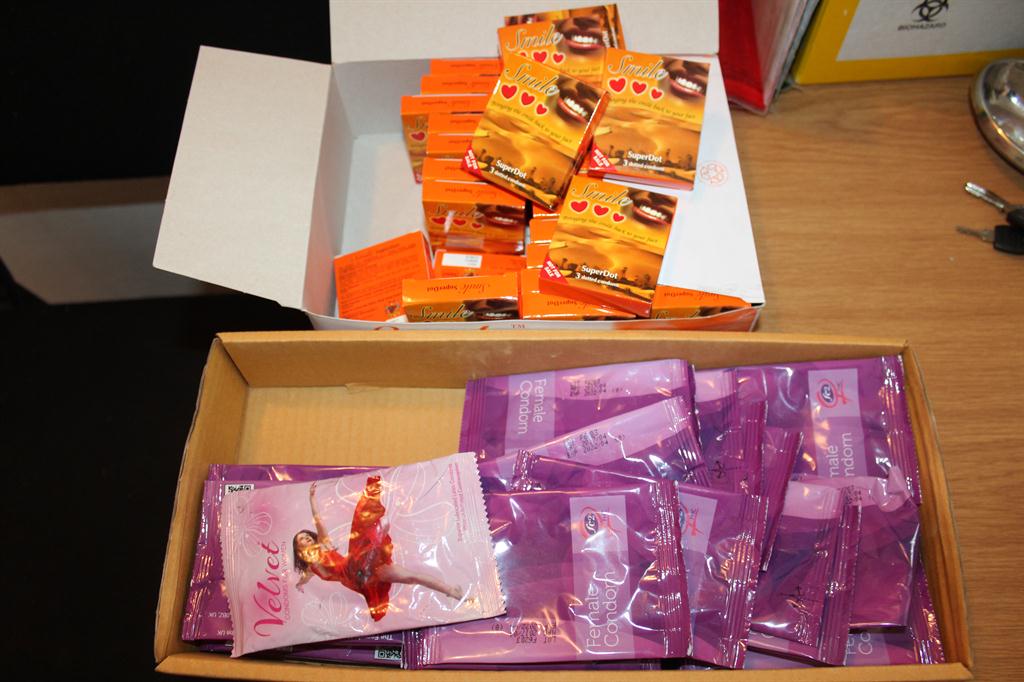



Comments
My Zone
No comments have been left on this article